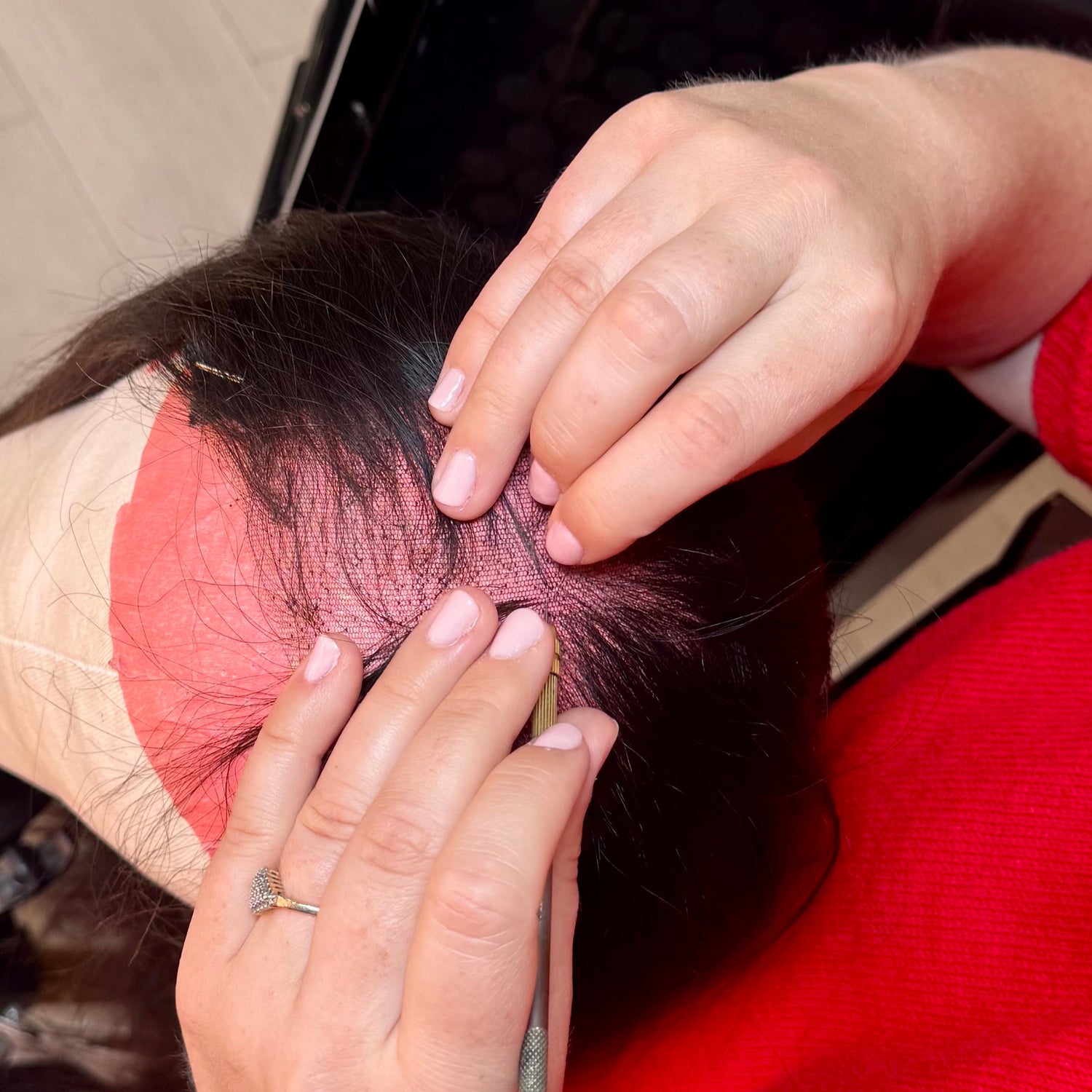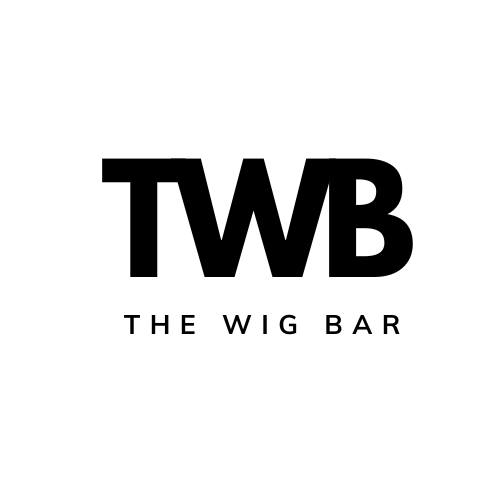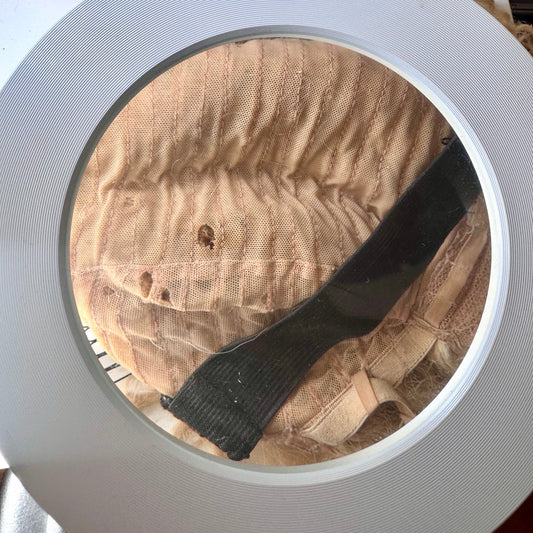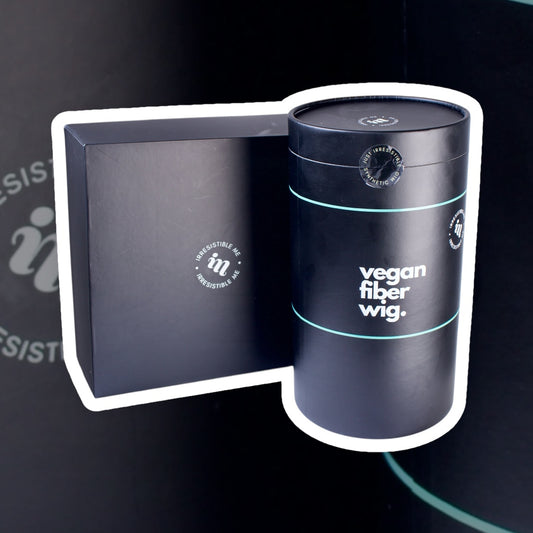
The hair extensions industry, just like any other is constantly changing. If you’re not privy to hair extensions in general it's easy to get lost in the fast pace of it all. A prime example of how fast the industry moves can be seen in the constantly shifting trends, one of the main ones being, ‘country of origin’.
When 'Brazilian' hair extensions first came along, it was the best hair you could get at the time. If you were still rocking 'premium now' during that period, you weren't rated. It felt like the popularity of 'packet hair' dropped overnight, and hair bundles were the main thing everyone was buying. After Brazilian hair came Peruvian (apparently better than Brazilian), then Malaysian (two times better than Peruvian), then Armenian (three times better than Malaysian...you get my drift). But truth be told, even with all this choice the majority of hair extensions still come from India and China, the rest is marketing.
Unless you're buying the real stuff from a reputable source (prices can go into the thousands for just the hair alone), chances are your hair extensions are originally from India or China. And that's ok. What's important is the quality of the hair and how it's collected and processed. Unless you're sourcing raw hair with specific characteristics, the origin isn't important.
Unless you're buying the real stuff from a reputable source (prices can go into the thousands for just the hair alone), chances are your hair extensions are originally from India or China. And that's ok. What's important is the quality of the hair and how it's collected and processed. Unless you're sourcing raw hair with specific characteristics, the origin isn't important.
The main things you need to know when purchasing virgin hair are:
- Where was the hair sourced?
- Has the hair been chemically processed (basically has the hair texture been created using chemicals or steam)?
- Are the cuticles still intact ( cuticles are keratinized layers that protect the hair shaft and help lock in moisture)?
- Are the cuticles all going in the same direction ( this can lead to extreme tangling if not)?
- What level can the hair be bleached to without damaging it?
- What's the lifespan of the hair, if taken care of properly?

If you want to know more about the types of hair extensions out there, I've put together a breakdown below:
RAW ( the best of the best ) - This hair is usually cut from the base of the scalp and bundled and often comes from one donor. The hair is combed, has short hairs removed, wefted and then washed. Its the most unprocessed hair you can get.
VIRGIN - A term used to refer to human hair that hasn't been chemically processed eg. dyed, permed, coloured or bleached. If the hair does have a uniform wave or curl, it's usually created using the steam method as opposed to using chemicals. Also, the way the hair is sourced from the donor may vary.
REMY - Is considered to be the best type of human hair you can get without breaking the bank. Cuticles are intact and aligned in the same direction which means the hair is less prone to tangle, increasing the longevity of the hair.
NON - REMY - Is still human hair but is essentially hair leftover from different places, salons, temples etc. Cuticles are usually stripped but if they're left intact they're wefted in different directions which means the hair is prone to tangle.
SYNTHETIC - Hair made from non-human materials.
PS, If you're looking for the good stuff that will stand the test of time, try double drawn raw hair, you won't regret it.
What other marketing tactics do you think hair vendors rely on to increase the sale of their hair extensions? Let me know in the comments below x




